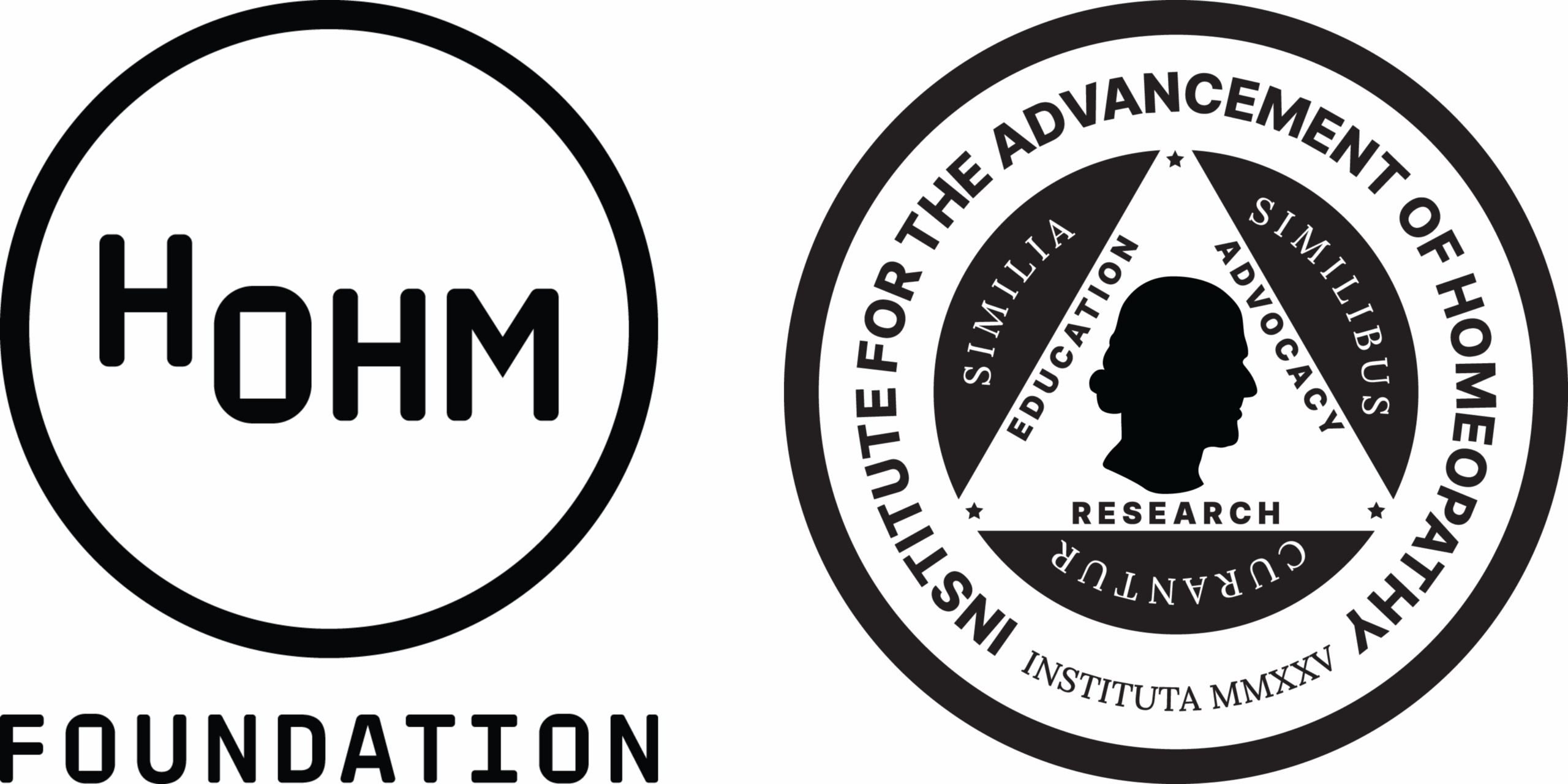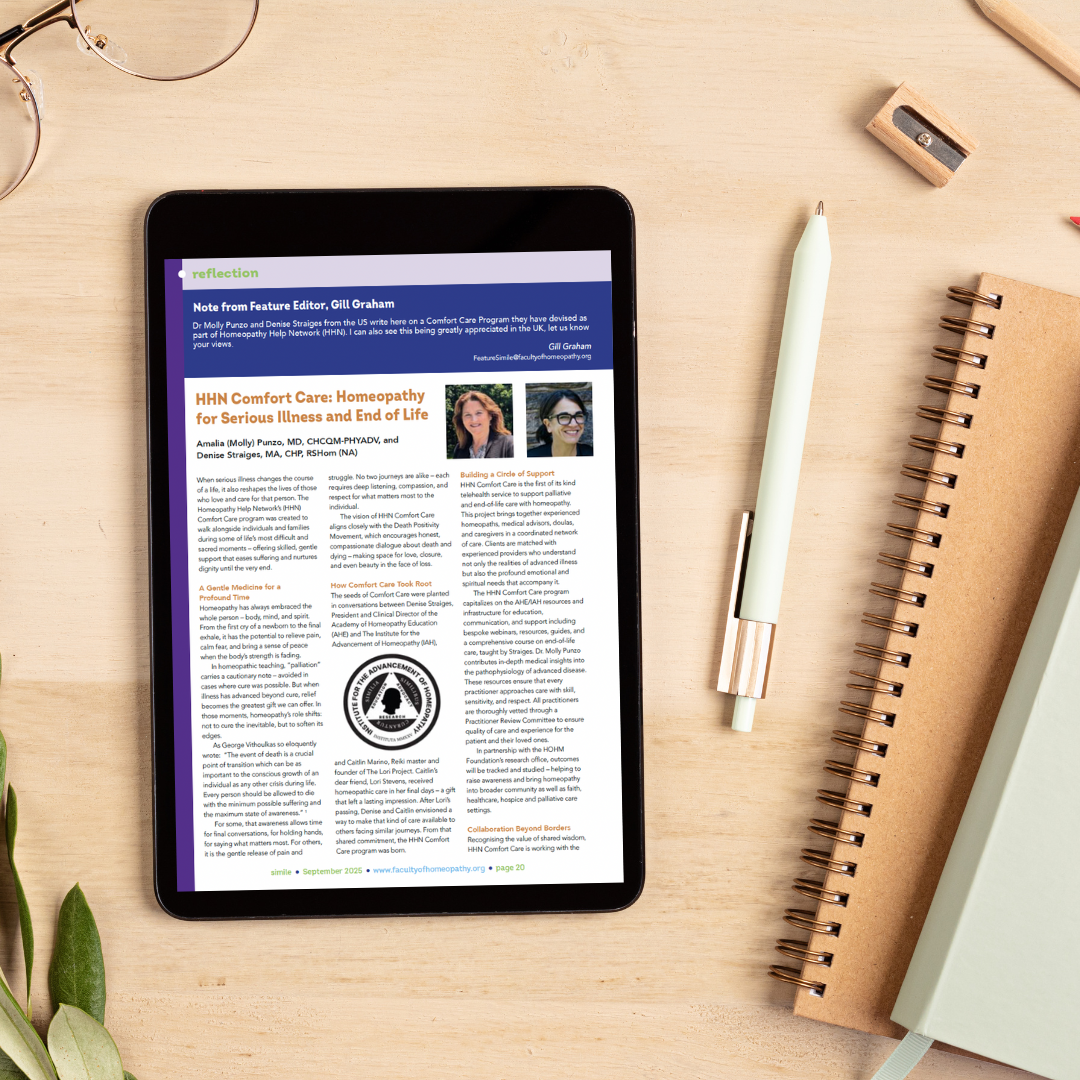

Artificial Intelligence in Acute Homeopathic Prescribing: A Comparative Study
On August 6, 2025, the HOHM Research team published a peer-reviewed article in Healthcare titled, “The Application of Artificial Intelligence in Acute Prescribing in Homeopathy: A Comparative Retrospective Study.”
This study was designed to explore how an AI-based homeopathic remedy finder compared with live practitioners in the context of acute prescribing.
Study Design
- Cases Reviewed: 100 randomly selected acute cases from a homeopathy teaching clinic
- Method: Symptoms from practitioner case notes were entered into a commercial AI-based homeopathy remedy finder
- Comparison: The remedies suggested by the AI tool were compared against those selected by practitioners, including considerations of posology and medical disclaimers
Results
- In 59% of cases, the practitioner’s chosen remedy appeared somewhere in the AI’s list of recommendations
- In 37% of cases, the practitioner’s remedy was among the AI’s top three suggestions
- In 17% of cases, the practitioner’s remedy was the AI’s top suggestion
Conclusion
The study concluded that:
- An AI remedy finder is not a one-to-one replacement for a live practitioner.
- Validation of AI tools against real-world clinical cases remains an ongoing challenge and necessity
Why This Matters
This work contributes to the growing body of homeopathy research by examining the role of AI in homeopathy in a clinical teaching environment. It highlights both the potential of digital tools to generate structured remedy suggestions and their limitations when compared with professional judgment.
Access the Full Article
You can read the full publication in Healthcare here:
The Application of Artificial Intelligence in Acute Prescribing in Homeopathy: A Comparative Retrospective Study
Keywords: homeopathy; artificial intelligence; large language models; clinical outcomes; teaching clinic; MYCaW







